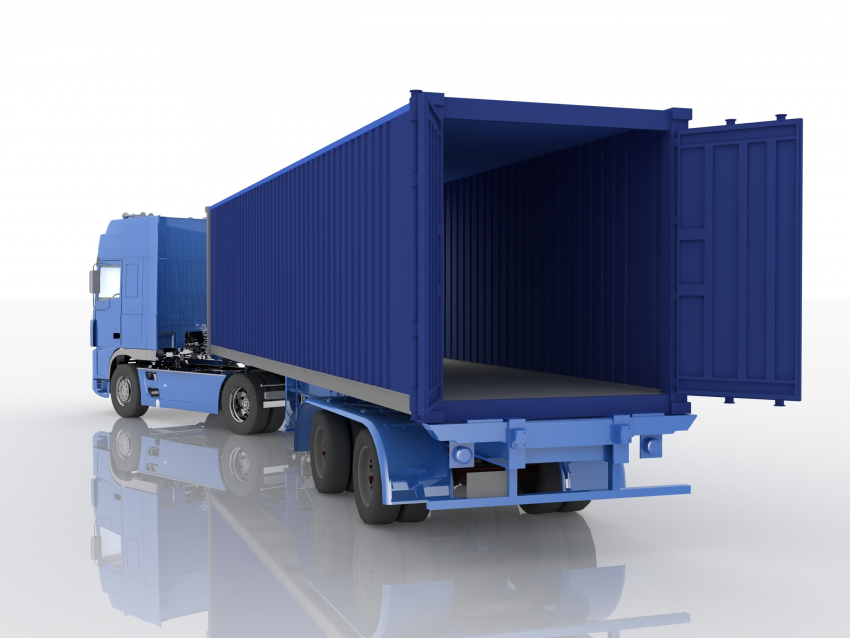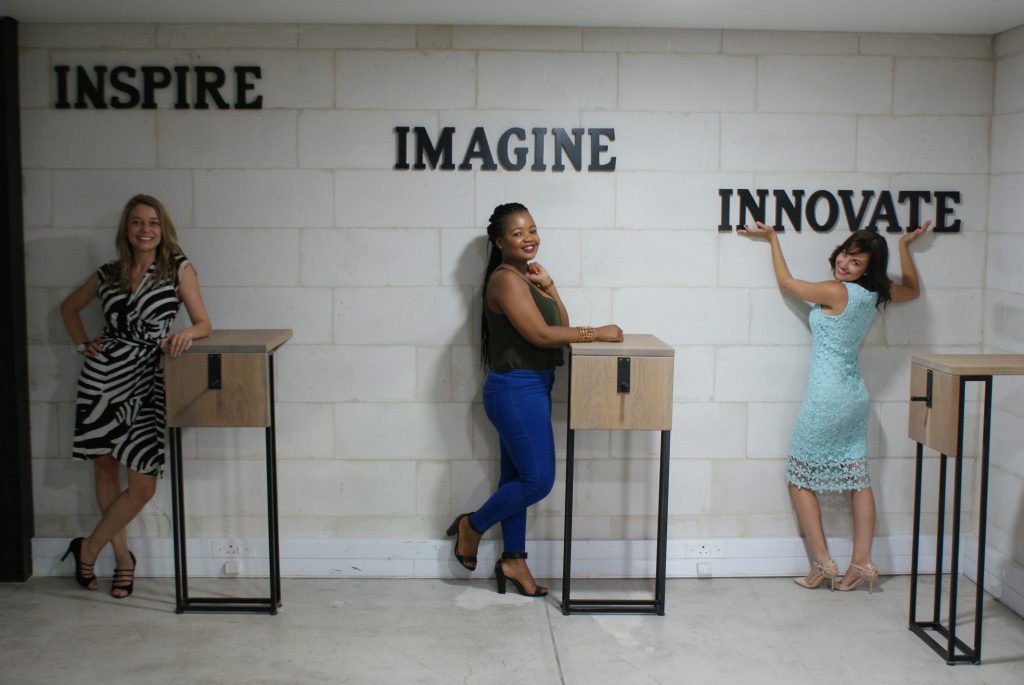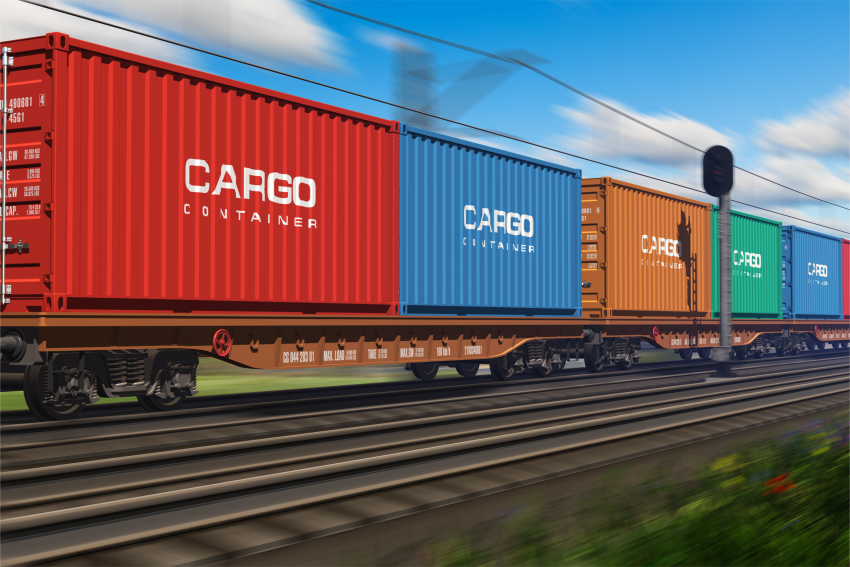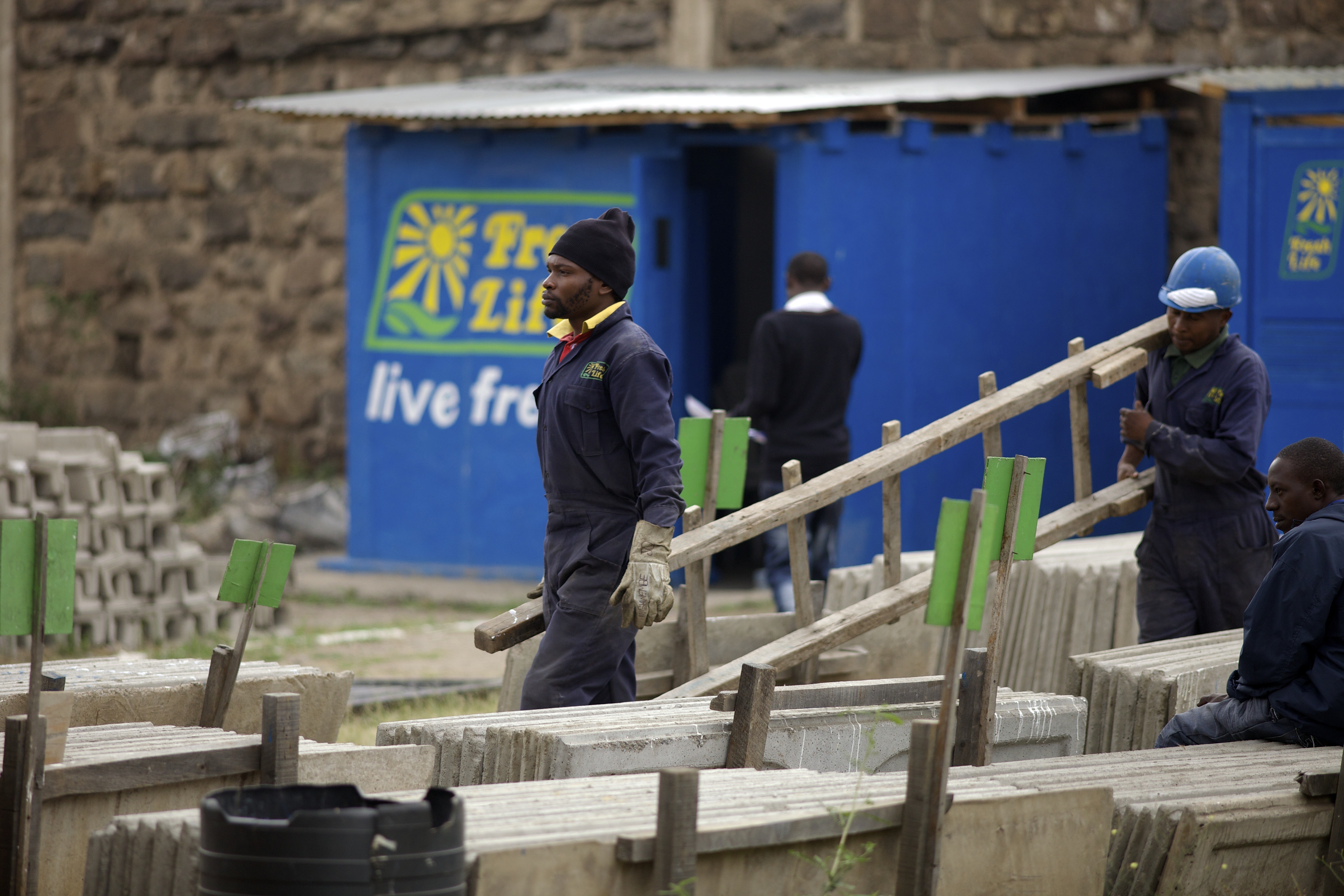Empty Trips is one of the fastest-growing and most exciting startups in Africa. Its founder, Benji Coetzee, is a truly inspiring woman who keeps her continent at the heart of her work. Empty Trips helps match supply and demand for cargo space for the transportation of goods. Empty Trips not only benefits users but also benefits the environment by reducing carbon emissions by optimizing the use of trucks and trains. Let’s see what Benji has to say about this fascinating line of work.
What inspired you to start Empty Trips?
Benji Coetzee: I think everything that happens in your life leads you to a point; in this case it was not a single inspiration. Having had a career at the Boston Consultancy Group for a number of years and having worked at the World Economic Forum, I was exposed to all the unfortunate data which demonstrates that Africa is probably the poorest integrated continent in the world. We have 54 countries in the continent but only 13% of them will trade with one another; the rest is exported. The lack of integration is caused by several issues: among them, poor transport, cost of transport, and lack of infrastructure. As such, there are obviously a lot of difficulties if you want to transport goods from one place to another in the continent.
The cost of transport in Africa is actually the highest per kilometer in the world according to the World Bank, and this does not make much sense when you see a lot of empty trucks or trains running in Africa, especially in South Africa. If there is an over-supply of the asset and there is limited demand on the cargo, we should actually have one of the lowest costs per kilometer.
That concept piqued my interest and I started to do more research on the transport industry in Africa. I found some interesting statistics: 38% of trucks and over 60% of trains are running empty. If you also consider the fact that transport is one of the largest carbon contributors globally, having an inefficient and expensive industry creating unnecessary emissions started to worry me. I immediately started to work on an algorithm, and that algorithm introduces the deck space and the cubic space available on a vehicle – truck, train, plane – and the maximum carrying capacity of that vehicle moving into a certain direction. It tries to match them with the cargo demand, that has certain requirements of space and weight, and is itself moving towards a certain direction. If there is a possible match it will reduce costs and unnecessary emissions.
Since launching the algorithm in April, it has been a quick process. We did raise some seed capital. I also don’t think Empty Trips is the right name of the company because it is becoming an online spot market in which the algorithm enables smarter decision making as it creates quite a lot of data and information that can be used to make the process more transparent, and that brings overall efficiency into a very old school industry. Our business model is not geared towards making money out of the transport; we are actually an upscale financial aid product. We use the algorithm to match cargo with carriers, calculate the insurance cost and we earn a commission. This is how we are a sustainable startup that has an impact. I’m trying to tackle one issue at the time – first there was the inefficiency in the empty trips, and that unlocked my mind to other issues and now I’m trying to tackle them systematically through this platform.

IN THE PHOTO: How Empty Trips works PHOTO CREDIT: Empty Trips
How have you been welcomed into the market? What is keeping you motivated?
BC: When working with the big corporates we have been accepted like a fresh breath of air because we are not competitors: we are not a transport company, nor a freight company, we don’t own cargos and our size is small. My whole business model is geared towards being open and creating online exchanges and a network that could run without me. That has been accepted and considered quite an attraction. Our team is growing and it is an exciting time but it is also scary. It is also a very male-dominated segment and I’m a woman working within it. I’m not a logistics expert nor a transport expert, and I’m telling them what the issues with industry are. I’m attempting to change things for the better, but obviously you get a bit of resistance. I have seen some of the issues and I’m trying to do something to fix it.
It has been a year since I resigned from my previous job to do this full time. We launched in April 2017, and since then we registered over 100 transport companies, 200 cargo companies and 4,000 trucks. The growth struck me, and I worried that it could implode because it has been so quick. We are also in Africa where there is not real access to capital; it is hard to find someone willing to do high risk ventures.
We have been a very committed team but there is still a lot to be done. I’m not blinded by success, I know we are still nowhere near where we need to be, but it is one of those situations where you have to grow within your means. We would like to create attraction and we have an ambition to take it globally. It is not just an African issue. Transport and inefficiency are a global issue and it is an $8 trillion industry. If you also look into the number of carbon emissions that are emitted without any need, we could be saving the amount of carbon of 70 times the weight of the island of Manhattan. That is what keeps the team motivated. We don’t always see the dollars, but we know what we are doing has a big impact on trade, it is innovative, smart and it benefits the environment.
IN THE PHOTO: Empty Trip’s founder, Benji Coetzee PHOTO CREDIT: Empty Trips
You started in South Africa. What are your aims and plans for the future?
BC: I’m not going to want world domination; I would like my product to reach more countries and we will probably only enter a new market in October or November 2018 . We want to be sure we will be very comfortable going in to other regions and proving we worked successfully on a local level. You don’t want to grow too fast considering you don’t know every region. There is a culture, a way to work, a modus operandi that you need respect.
I think there are a lot of guys worldwide looking at us and waiting to see what we are doing. We are a fairly small team and we are definitely not going to raise millions of dollars. So far, we raised half a million dollars; we are in Africa and we have all the odds against us, but we are still going for it. This is what motivates me: to prove to the Silicon Valley people that we will survive and that we are doing really cool stuff. I’m a patriot for Africa, and I have no plans of leaving anytime soon; it’s too exciting here. We have a beautiful continent that, like any other region, has issues but we do have a really good laugh here and a very good sense of companionship. We support one another. I’d rather try here and be a big fish in a small pond than a small fish in a big pond. Here we have a lot of interest from clients and we have good local companies, thus giving us an advantage over an international company trying to operate locally.

IN THE PHOTO: An empty cargo truck. PHOTO CREDIT: Empty Trips
What challenges are you facing? Has being a woman ever been an issue in this line of work?
BC: I wouldn’t say being a woman in Africa is an issue, because it has actually been a benefit to what I’m doing. It is a male-dominated industry but I know what I’m talking about. I made the effort, took the time and a lot of risks on my own. I think the biggest challenge we have had is more the fact that the industry has so many legacies, and it is very traditional. You have a few pockets of young people that want to do cool and new stuff, and you have to work with them to deliver the message to the older folks and show them that this is where the industry is going. It usually takes a few meetings to get to the right leader. Usually they say this is phenomenal idea, but to go back to meet them again once we gain more traction.
Even when looking for partners it is hard considering they don’t want to build something that has not been tested. How many companies are willing to take that test with me? It has proven difficult, even though what we are building could be great for their business. The biggest challenge has been to find sufficient corporate appetite, even though they wouldn’t have to take any real risk. I’m just asking for money, I’m not asking them for people.
Another issue is that there are a lot of grants available, but it is nearly impossible to get them, or the timeline to get them is so long that by the time you finish the grant application the company is probably closed. Further, funding is often not transparent. If you look at international grants, South Africa is no longer considered an emerging country, so we don’t get access to a lot of these types of grants. A lot of those go to East Africa or Central Africa. So far, I spent all of my savings and eventually found an investor who took the risk. In our case we were very fortunate – we got a cash injection just in time before we ran out of cash. I have risked a lot on this: I have risked a stable career, I risked all my savings, I have recruited people and they are making risks, too. If you are not willing to push or be passionate about something, you can hang up your startup sneakers and go back to corporate.
Do you have any future developments in mind? Are you thinking about moving people in the near future?
BC: The full strategy of how we are going to evolve as a company is more like a mobility platform. Of course, you can’t do everything at the beginning; you have to maintain your focus otherwise you get nowhere. We have decided on cargo, because cargo is the most impersonal, it has the least liability and it’s easier to move cargo than to move people. In the future, we are going to move people, but it is not a focus right now. It is a lot easier to get people into buses or trains with the industry going digital. I like cargo because it is still underestimated but it has a serious impact on carbon emissions. You need to move a lot of people to have that same impact of cargo, which is why l initially liked the cargo plan.
IN THE PHOTO: A train, one of Empty Trips’ options PHOTO CREDIT: Empty Trips
RELATED ARTICLES:
Stimulating Innovation and Partnerships With Africa’s Trust Fund
Venture Capitalist: A Strong Woman’s Job – An Interview with Anna Boffeta
Post-Apartheid Inequality in South Africa












